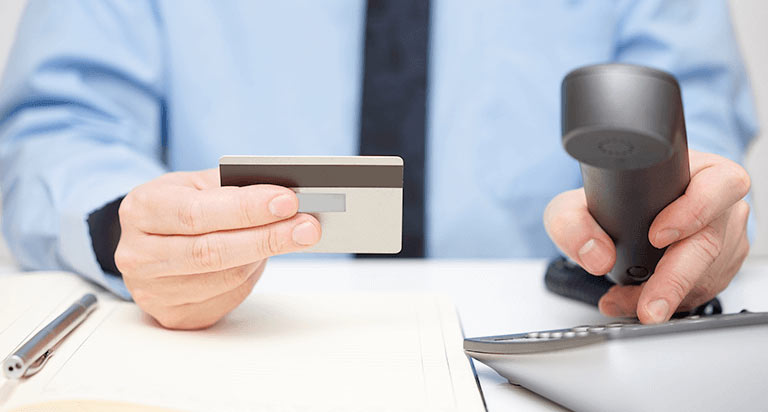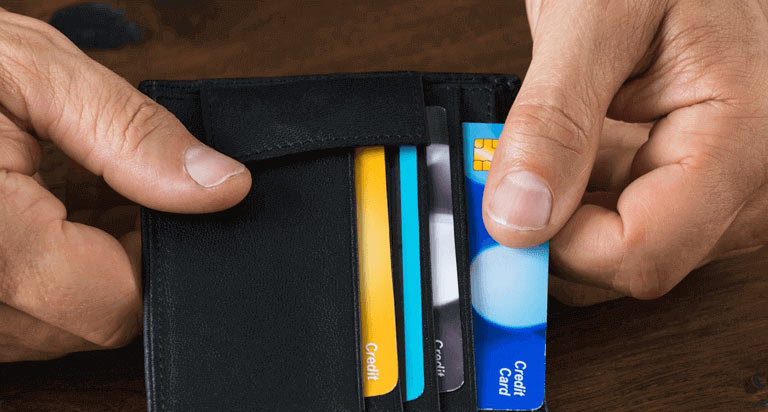You Ask, Equifax Answers: Is Now a Good Time to Open a New Credit Card?


Highlights:
- Your credit scores may immediately decrease by a few points when you apply for a new credit card.
- Opening a new credit card can reduce your utilization rate, which may positively affect your credit scores over time.
- Any late payments will become a negative mark on your credit scores for up to seven years.
Question: Is now a good time to open a credit card? Will doing so affect my credit scores?
Answer:
While there's nothing stopping you from opening a new credit card, whether doing so is a good idea depends heavily on your financial situation and your level of debt.
On the one hand, your credit scores may immediately decrease by a few points when you apply for a new credit card. This is because the credit issuer is making what's known as a “hard inquiry” in order to view your credit reports. The drop is generally only a few points, and if you use your new card responsibly, your credit scores can bounce back quickly. However, attempting to open multiple accounts in a short period of time could signal to lenders that you're likely to engage in high-risk spending, and your credit scores may drop more significantly as a result.
The greater concern when you open a new card is your debt-to-credit ratio. Also known as your credit utilization rate, this ratio is a measurement of how much credit you are using compared to the total amount of credit available to you. Overall, it accounts for about 30 percent of your credit scores. A lower debt-to-credit ratio signals to lenders that you're responsible with your available credit and aren't likely to max out your cards, which can positively impact your credit scores.
On the other end of the spectrum are consumers with a high debt-to-credit ratio. People in this situation may be living on credit (in other words, racking up debt without a way to pay it all back) and are generally perceived as a riskier investment to lenders.
Opening a new credit card can reduce your utilization rate. For example, if you increase your available credit from $3,000 to $6,000 but don't increase your spending, you will have a much lower utilization rate, which may positively affect your credit scores over time. Lenders have their own criteria for evaluating a customer's credit history, which means they may use different combinations of credit scores and consider the total outstanding debt available to you in different ways.
However, opening a new credit card comes with risks, and the safest way to lower your utilization rate is to pay down your debt rather than give yourself the opportunity to spend more.
Having more available credit can be tempting if you are not financially secure and want to increase your spending power. But with a higher credit limit, it's easy to accumulate even more debt and actually increase your debt-to-credit ratio. You will also end up with more monthly payments, which could lead to delinquencies. Any late payments will become a negative mark on your credit scores for up to seven years.
Only you can decide whether a new credit card is the right choice for your particular financial situation. If you are able to secure a better interest rate or lower fees, it may make sense to open a new account and close the more expensive card. However, beware of balance transfers in this scenario as they may come with hefty fees.



